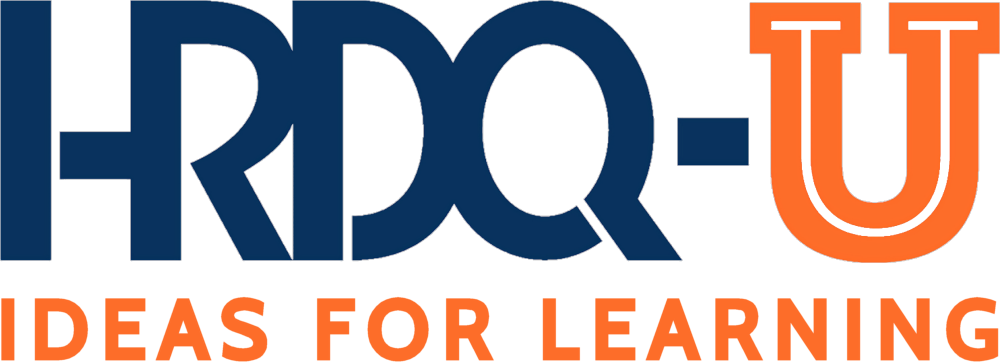The Transformation Starts in Mindset
If you start with an “I want them to be more accountable. Give me tools to make them accountable,” attitude, good luck. If you shift that to “What is my role in the lack of accountability around me?” the transformation begins!
To transform accountability, start by making it personal. Redefine it as ownership for results – good or bad – without fault, blame, or guilt. Accountability is not about assigning blame when things go wrong but about taking full ownership of your role, your decisions, and the outcomes they produce. It’s about owning the success or failure of a project whether you had control or not. When leaders take ownership, they set the tone for their teams to do the same.
“This is what I did, this is what I learned, this is what I will do differently going forward, and how I own the lack of accountability.” It’s about reasons and learning not fault and blame.
Ownership Is Inspiring
Ownership shifts the focus from fear of repercussions to a proactive attitude. It encourages individuals to know they are in control of their actions and decisions, leading to a culture where everyone is aligned and committed to doing their best work. Leaders who demonstrate ownership inspire trust and respect, as their followers see that they are willing to stand by their actions and learn from their mistakes.
Transparent Communication Is Key to Driving Out Fear
For accountability to be a transformative leadership strength, transparent communication must be at its core. Fostering an environment where open dialogue is encouraged and feedback is viewed as a tool for improvement rather than criticism, drives out fear. When team members are safe to voice their concerns, ask questions, and share ideas, taking ownership for lack of accountability becomes a collective effort rather than an individual burden.
Communicating clear expectations and reporting progress keeps transparency front and center. When everyone understands what is expected of them and how their work contributes to the larger goals, they hold themselves accountable. Regular check-ins, whether through one-on-one meetings or team updates, ensure that everyone is aligned and aware of their tasks.
Speed Bumps Are Not Hidden
Leaders who are open about their own challenges and decisions when something doesn’t go as planned demonstrate humility and reinforce the idea that accountability is about learning and growing, not about being perfect.
Mistakes are not a signal to hover over every detail to undermine a sense of ownership. Mistakes are opportunities to transform accountability into a positive learning opportunity that further transforms scary reporting into powerful learning. Leaders look for every opportunity to provide autonomy to make decisions and take charge of one’s work. This puts growth and development on steroids.
When employees are trusted to manage their own work and demonstrate learning from mistakes, they take initiative and hold themselves accountable for the outcomes.
Accountability Is Not a Hammer – It’s a Development Tool
Leaders can use accountability as a tool for growth by framing it as a learning opportunity rather than a punitive measure. When mistakes happen, instead of focusing on what went wrong, shift the conversation to what can be learned and how it can be applied in the future.
This approach encourages a growth mindset, where challenges are seen as opportunities to improve rather than setbacks to avoid.
Nothing Is More Powerful Than Your Example
Ultimately, the most effective way to transform accountability into a leadership strength is to lead by example. Demonstrate the behaviors you require of others. Be accountable for your actions, admit when you’re wrong, and be willing to learn from your mistakes. When leaders model accountability, they create a ripple effect throughout the organization.
Leading by example also means no playing favorites or letting some team members off the hook while others are held to a higher standard. Consistency builds trust and reinforces the importance of accountability as a foundational value in the organization.
Transforming accountability from a dreaded task into a leadership strength requires a shift in mindset and practice. By redefining accountability as ownership, fostering transparent communication, empowering your team with autonomy, using accountability as a tool for development, and leading by example, leaders can create a culture where accountability is embraced as a pathway to success. It’s not about fear of failure but about the commitment to continuous improvement and the collective achievement of goals.




























